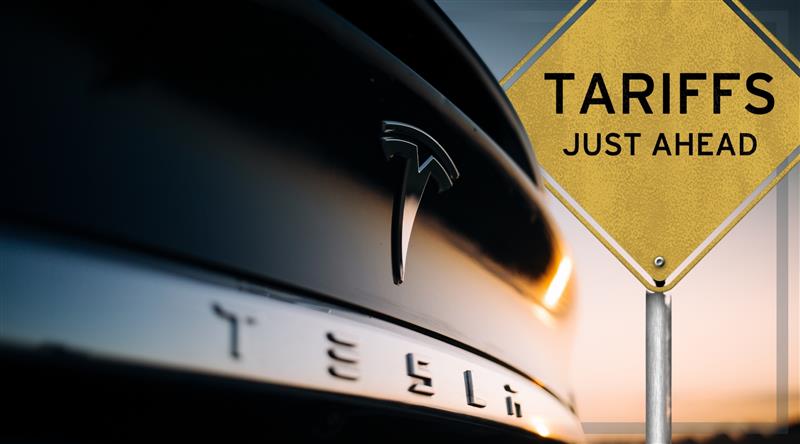Donald Trump, the Republican Party candidate for US President, has been clear in his view that the Chinese Yuan (CNY) trades too weakly on foreign exchange markets, thanks to the interventions of the People’s Bank of China (PBOC).
Trump blames an overly strong dollar and overly weak yuan for making US exports, including in manufacturing, relatively uncompetitive – and has pledged to fix this problem in order to boost exports and the broader US economy.
While the Chinese central bank does indeed manage the CNY exchange rate, the idea that the current rate is too weak is not entirely fair. Since the start of the year, the yuan has in fact gained around 150 basis points against the dollar and this is despite the fact that a large interest rate differential now exists between the US and China.
Because the US has had to move interest rates up significantly to tame inflation (rates peaked at 5.5% and have now come down to 5% recently), this has naturally encouraged a stronger dollar as traders have been keen to take advantage of the higher yields on offer. China, which does not have an inflation problem, has hiked rates up to a relatively high 3.5% in order to minimise foreign exchange volatility.
This means there is a differential of 1.5%, making the dollar a more attractive currency for traders to hold. Therefore, to the extent that the dollar is strong and the yuan is weak (even though it has strengthened slightly this year), this is the result of the US’ own inflation problems and is not China’s fault as such.
From @Breakingviews: A second Trump presidency could herald a new currency deal with China to devalue the dollar. His bargaining chip? A threat of higher tariffs on Chinese goods. While a strong currency can hurt growth, a trade war could be worse for Beijing, explains @ywchen1 pic.twitter.com/WN2PqYovCN
— Reuters Business (@ReutersBiz) October 21, 2024
Regardless of who is to blame for the currency dynamics, the question still arises: would Trump successfully manage to weaken the US dollar and strengthen the Chinese yuan should he come into office? Markets seem to be suggesting this would not quite be the case.
Indeed, a gauge of one-month implied volatility for the onshore Chinese yuan market based on options is trading with almost the largest discount since 2022, suggesting a confidence that volatility will be limited around the time of the US election, even if Trump is victorious. Mingze Wu, a currency trader at StoneX in Singapore, told Bloomberg that “onshore traders are at ease because the PBOC will be the backstop for any volatility,” suggesting the Chinese authorities will resist any attempts Trump may make to change CNY and USD dynamics to the benefit of the US. Traders in Asian markets therefore seem confident that the Chinese yuan will not be dramatically weakened or strengthened in the aftermath of a potential Trump victory.
China’s domestic yuan traders appear to be more confident than their offshore counterparts that the currency’s turbulence will be contained around the US presidential election period https://t.co/5COir1RmwN
— Bloomberg Economics (@economics) October 20, 2024
Traders in China are also likely aware that Trump may not get the weaker dollar he appears to want. Trump talked about the US dollar is a similar way during his last period in office but avoided implementing any policies which might actually have weakened the currency. His domestic agenda, which includes extending tax cuts and protecting US industry through tariffs, is a dollar-positive mix. Imposing tariffs on imported goods could also send inflation higher, potentially requiring elevated interest rates that would further feed into a stronger dollar.
Trump would love to see a much weaker dollar and much stronger Chinese yuan in order to boost the competitiveness of US firms against their Chinese counterparts. However, market trends in China and Trump’s proposed policies suggest that he could in fact boost the US dollar further, while the Chinese authorities are well-prepared to intervene in markets to manage any repercussions deemed damaging to their interests.
Author: Harry Clynch
#China #US #USElections #Trump #Yuan #Dollar















